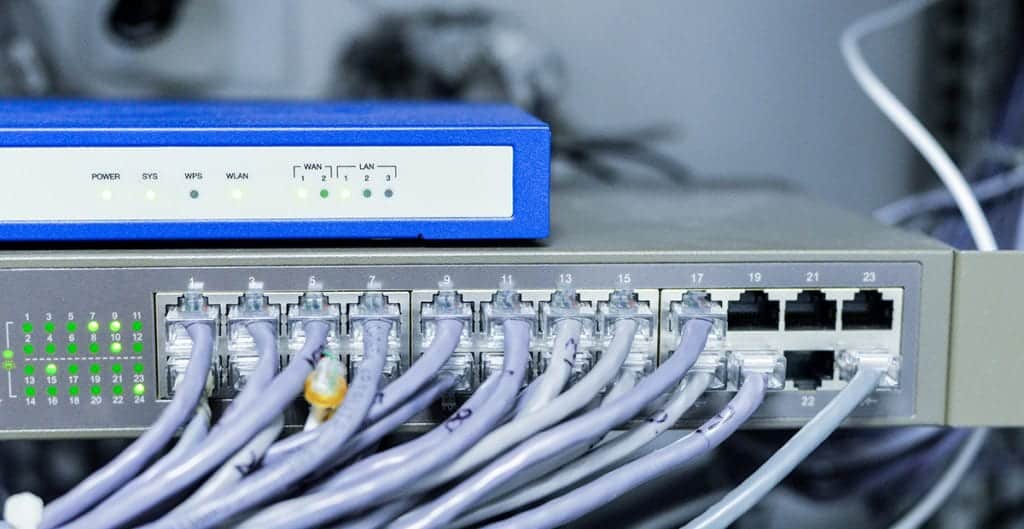As opposed to just a single workstation, or group of computers connected to a router with LAN cables, today the IT needs of modern Manhattan offices and many homes require wider and more versatile network coverage. In this context, wireless networks empower multiple devices to utilize the same internet connection, and also to share resources.
A wireless network also allows mobile devices, like laptops, tablets and ipods to move around freely within the network with no disruptions in network connectivity. However, there are quite a few disadvantages to wireless networks, especially when compared with the wired kind. The latter tend to offer stable connections, faster internet speeds and are generally more secure.
Here we list for you the main advantages and disadvantages of wireless networks vs the wired sort for Business IT Services in Manhattan.
Advantages of a Wireless Network over Wired
Ease of use is the main advantage of wireless internet. We can do away with cables, plugs, etc. for connectivity thus making life easier for the user. In addition, the set up costs are also lower for the network provider. One of the main advantages of a wireless network is that devices (and users with) like laptops or mobile devices can move around freely within the network with uninterrupted internet connectivity.
It’s also easier for users to share files and other resources with other connected devices without having to deal with cables and ports. Not having lots of wiring and putting them through walls and desks can be of considerable advantage in terms of expenses and time. As no new cabling is needed, it also makes it easier to add extra devices to the network.
Owners of Manhattan establishments such as a coffee shop can bring in extra business by offering access to a wireless network. Outstation customers generally love this freebie because of its convenience. Such a facility also allows for increased sharing of information on social media that can result in the establishment becoming more popular.
Wireless networks can also handle larger numbers of users as they are not limited by any number of connection ports.
The Drawbacks
Due to the freedom and ease of use of wireless networks, security loopholes are also rampant. Sensitive networks often are witness to tugs of war between system administrators or IT Service Providers and hackers.
Wireless networks also deliver slower speeds – both internet as well as local file transfers when compared to wired ones. The speed will also vary considerably based on your location in respect of the network.
Everyday obstacles such as walls, doors, and furniture can also impede or disrupt connections. The connection gets worse with the distance you are further from the router, which can cause problems in large buildings or offices in NY.
Wireless networks can incur extra costs and require additional equipment to set up. Although increasingly, modern routers come with built-in wireless capability, as also devices such as laptops, modern media players and even TVs.
People who are not well-versed with computers may find that setting up a wireless network can be an intimidating process. (Admittedly, there are issues in setting up wired networks too!)
Wireless networks are prone to security issues, with the likelihood of others stealing bandwidth, in the absence of any password protection. Information over wireless networks is also less secure and easier to be hacked which makes sense for businesses to opt for Managed IT Services.



